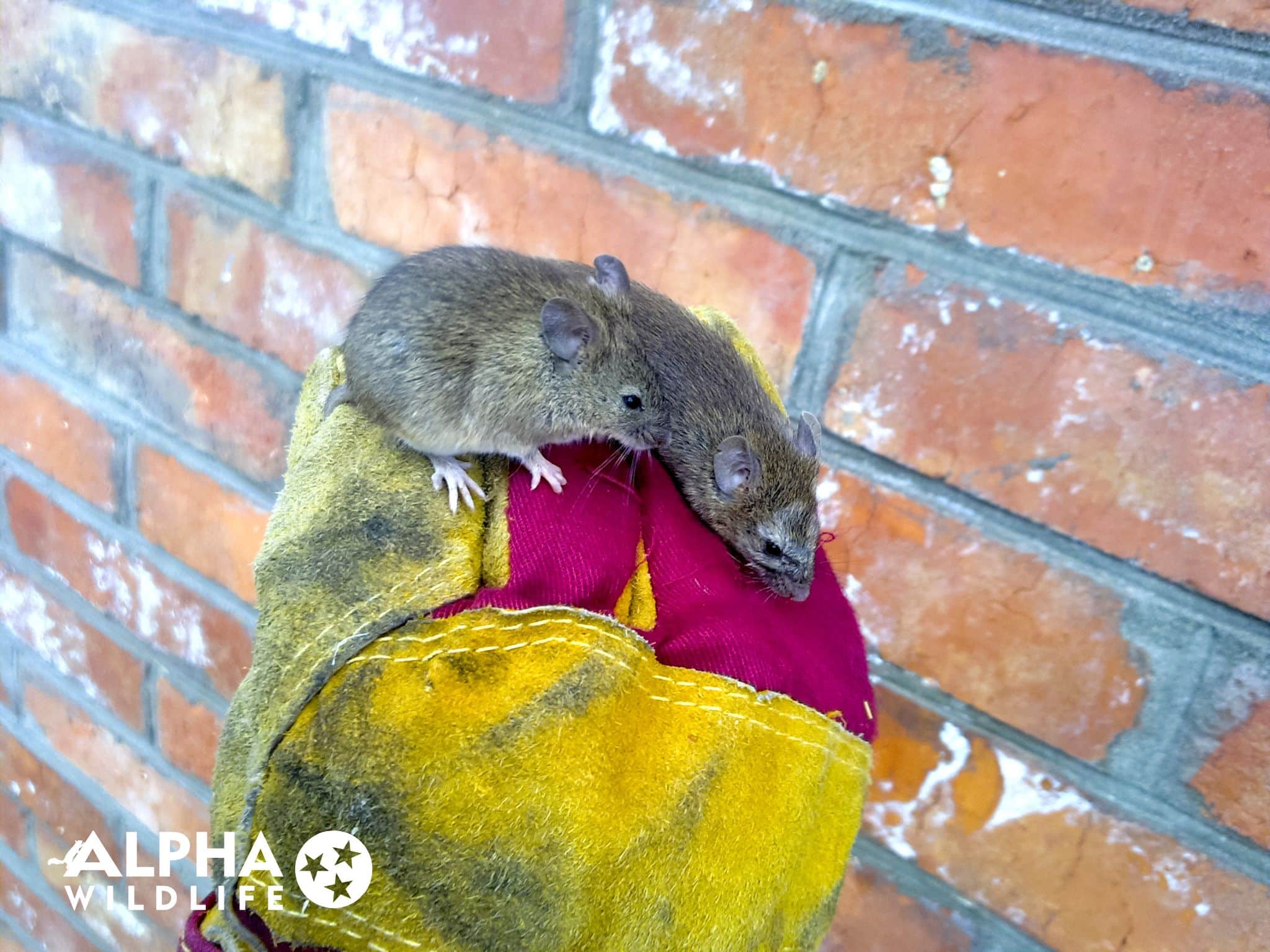Exploring the 15 Different Species of Bats in Tennessee
Bats are vital to Tennessee’s ecosystems, serving as natural pest controllers and pollinators. Despite common misconceptions, these nocturnal creatures are essential for a healthy environment. Tennessee boasts a diverse array of 15 bat species, each playing a specific role in the health and vitality of local habitats. Let’s explore these fascinating animals and learn how we can support their conservation.
Different Species of Bats in Tennessee Table Of Contents
The Vital Roles of Bats in Tennessee
Bats contribute significantly to our environment. By consuming thousands of insects nightly, they help control pest populations and reduce the need for chemical pesticides. Some species also play a role in pollinating plants and dispersing seeds, aiding in forest regeneration and biodiversity.
A Closer Look at Tennessee’s Bats
1. Little Brown Bat: Small yet mighty, the Little brown bat is known for its glossy brown fur and appetite for insects like mosquitoes.
2. Big Brown Bat: Larger than the Little brown, this species has a robust body and is commonly found in urban areas, helping keep beetle populations in check.
3. Indiana Bat: An endangered species, the Indiana bat hibernates in large groups in caves and is critical for maintaining healthy insect populations.
4. Northern Long-eared Bat: This species is distinguished by its long ears and is currently threatened by habitat loss and white-nose syndrome.
5. Eastern Small-footed Bat: The smallest of the bats in Tennessee, it thrives in rocky areas and is known for its agility in flight.
6. Gray Bat: Also endangered, the Gray bat lives primarily in caves and is a vital mosquito controller.
7. Evening Bat: Named for their dusk activity, they prefer wooded areas and are excellent at controlling agricultural pests.
8. Tri-colored Bat: Once known as the Eastern Pipistrelle, this small bat has unique tri-colored fur and has been severely affected by white-nose syndrome.
9. Rafinesque’s Big-eared Bat: With distinctive large ears, this bat is adept at catching insects in flight and relies on old buildings and trees for roosting.
10. Southeastern Myotis: These bats form maternity colonies in caves and are important for controlling aquatic insect populations.
11. Brazilian Free-tailed Bat: Recognizable by their long tails, they are fast flyers and form large colonies, often found in attics and under bridges.
12. Silver-haired Bat: This migratory bat has striking silver-tipped black fur and feeds on a variety of insects, helping maintain ecological balance.
13. Eastern Red Bat: Vibrant red fur sets this solitary bat apart; it roosts in trees and is a prolific consumer of moths and other pests.
14. Hoary Bat: The largest of Tennessee’s bats, the Hoary bat has a distinctive frosted appearance and roams widely across the state.
15. Seminole Bat: Primarily found in the southern parts of Tennessee, it roosts in trees and is vital for controlling night-flying insects.
Conservation Efforts and How You Can Help Bats In Tennessee
Protecting bat habitats is crucial for their survival. Avoid disturbing roosts, support bat-friendly land practices, and consider installing a bat house. Conservation efforts help ensure these beneficial creatures continue to thrive and perform their vital ecological roles.
Need Bat Removal In Tennessee?
Alpha Wildlife offers specialized bat removal services across Tennessee, operating from four convenient locations in Knoxville, Nashville, Memphis, and Chattanooga. Each office is staffed with experts familiar with the region’s unique wildlife challenges, including the diverse species of bats found throughout the state, as detailed on our informative page about the 15 species of bats in Tennessee.
Our teams are equipped to provide not only immediate and humane bat removal but also comprehensive solutions tailored to each area’s ecological characteristics. Whether you need professional assistance with bat exclusion or simply want to learn more about how to manage bat populations safely and effectively, Alpha Wildlife’s local offices are ready to help with expertise and care. This ensures that both residential and commercial properties are protected, maintaining public health and property integrity across Tennessee.

